- Sebastian Vettel’s thoughts on Formula 1 Sprint qualifying system adopted last year, terms it as unpleasant
- Formula 1 explains the new Sprint qualifying system rules
- Most irritating aspect of sprint qualifying system is said to be the never-ending debate on who takes the real position and the definition of the pole position
- Formula 1 squanders an opportunity to improve one of the most vexing features of its sprint format.
When Formula One’s sprint qualifying system was adopted last year, Sebastian Vettel immediately recognized one of the most unpleasant characteristics. What did he think of F1 ditching a tradition that stretches back to the inaugural world championship of utilizing timed laps to determine the pole position winner and replacing it with a one-third-distance race?
He went on to say, “Pole is the fastest lap time accomplished or the fastest lap time in qualifying.” As a result, it becomes somehow confusing’ ‘Except for the inevitable evil of grid penalties, this is true. When Formula One created the sprint qualifying system last year, it should have been obvious that changing the criteria of pole position would be difficult to sell to spectators.

Race winner Max Verstappen of Netherlands and Red Bull Racing celebrate at Silverstone. (Photo by Getty Images)
Lewis Hamilton started first in the first-ever sprint qualifying event at Silverstone but was overtaken off the line by Max Verstappen. For the first time, pole position has been won through a flying start rather than a flying.
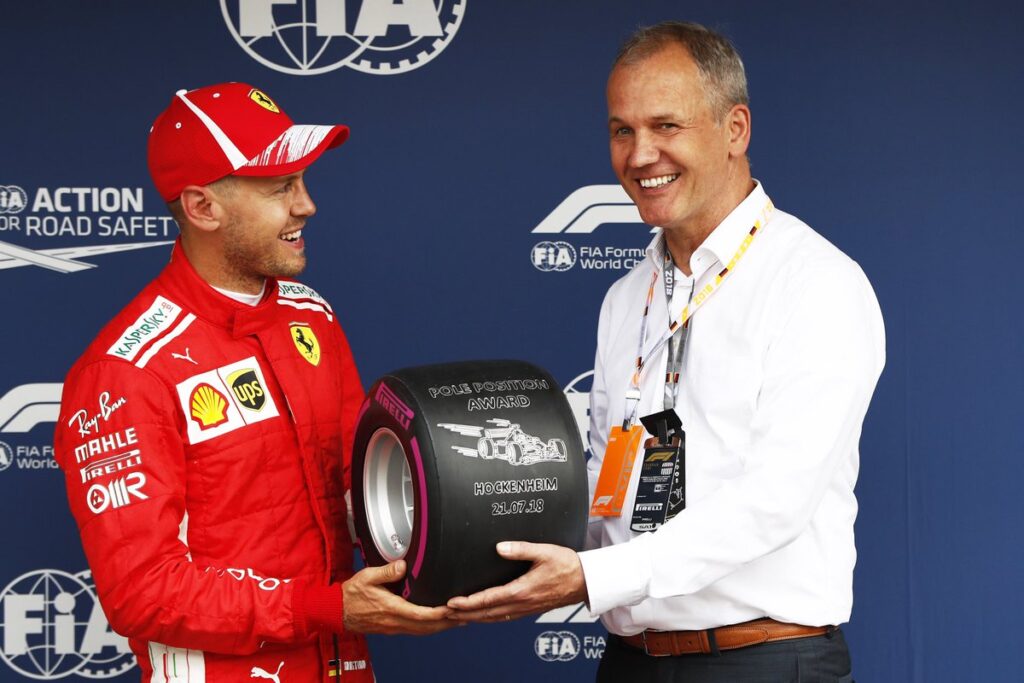
F1 driver Sebastien Vettel receives an award in a previous race. Photo: Twitter
Following that, I noted to F1’s motorsport director Ross Brawn – the inventor of the sprint format – that a link to the past of almost a thousand Grand Prix had been severed.
“Perhaps that’s something we should consider if the nomenclature for what we’re doing changes,” Brawn said. “Should Friday take first place?” We’ll talk to the FIA and the teams about matters like that.
“However, I don’t believe history can hold us back.” History must be respected, but it must never be used to hold us back.”
Brawn’s remark made it clear that he considered this as solely an ‘optics’ issue. That opinion was confirmed by today’s announcement.
The FIA’s announcement of the new sprint race rules was notable in that it only mentioned the format changes, which included “awarding pole position to the fastest driver in qualifying on Friday.” That appeared to be optimistic. However, F1’s explanation of the new rules reaffirmed that the sole difference is cosmetic.
“On a sprint weekend, the driver who finishes first in Friday qualifying will be awarded pole position for statistical purposes,” it stated (emphasis added). “The results of Saturday’s sprint will still set the grid for Sunday’s Grand Prix.”
This fails to remedy, or even recognize, the problem with F1’s pole position nomenclature in sprint races. ‘Pole position’ in motorsport refers to the first spot on the starting grid for a race.
Two races are held at F1’s sprint events: one on Saturday and the other on Sunday. As a result, two pole positions exist.
So, in the first sprint race of 2022 at Imola, if Hamilton is fastest in Friday qualifying and wins pole for the sprint race, but Verstappen beats him off the line and wins the race, the Red Bull driver will get pole for the Grand Prix. F1 may make as many social media postings as it wants about Hamilton winning pole ‘for statistical purposes,’ but the answer to the question ‘who is on pole for the Grand Prix?’ will always be ‘Max Verstappen.’
Pretending otherwise would simply make those in charge appear ignorant of basic racing terminology or arrogant enough to believe they had a monopoly on motorsport lingo.
Last year, one of the most irritating aspects of sprint qualifying was the never-ending debate over who had taken the ‘real’ pole position and what the definition of pole position was. This adjustment will not solve the problem; in fact, it will worsen it.
Regrettably, F1 appears to have convinced itself that semantics holds the answer to all of its issues. People might not notice that the new events are races if they are referred to as “sprint qualifying,” just as it did previously when it referred to them as “sprint qualifying.” It has now deleted the word “qualifying” from the name, even though the sessions continue to serve as grid-setting sessions for the Grand Prix.
F1 did something similar when it announced that the first three-day pre-season test of the year, which will be held in Spain, will be only a shakedown and will not be broadcast live. Bahrain, whose second three-day open session is described as the year’s first actual ‘test,’ takes the prize. However, in terms of the rule book, there is no distinction between the two events at this time.
As a result, F1 has squandered an opportunity to improve one of the most vexing features of its sprint format. Given this, the most encouraging aspect of today’s statement is the confirmation that the proposed increase from three to six sprint events will not take place. At the very least, this will reduce the potential for misunderstandings.
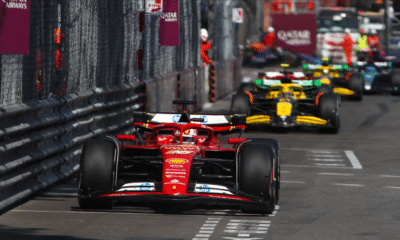



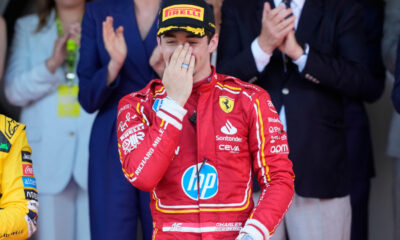




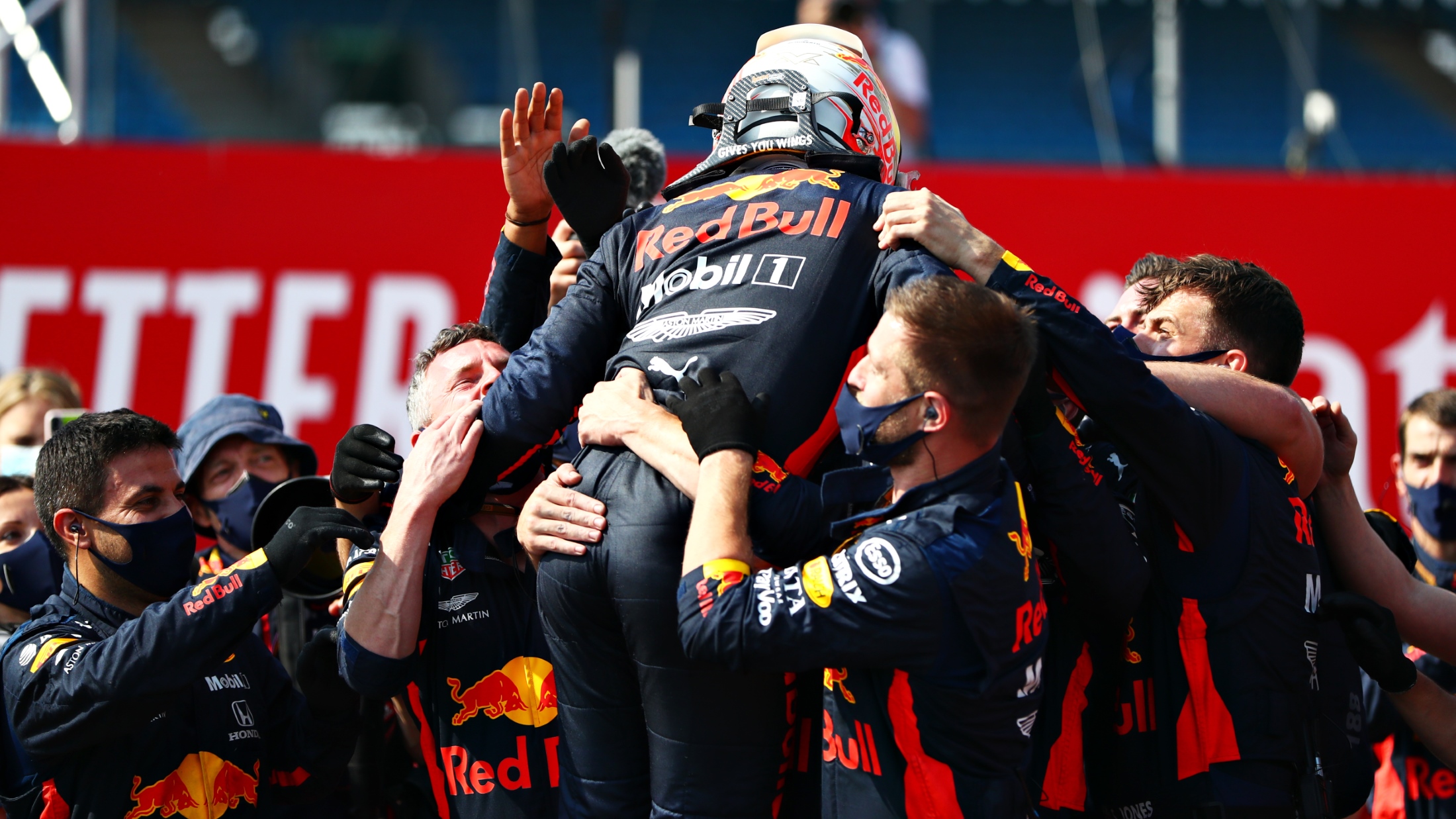


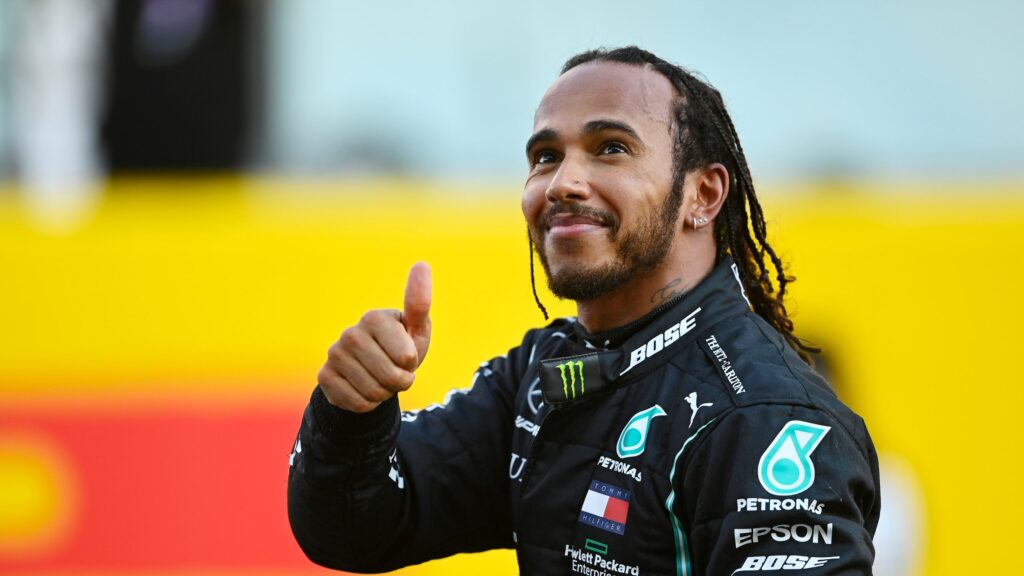




You must be logged in to post a comment Login